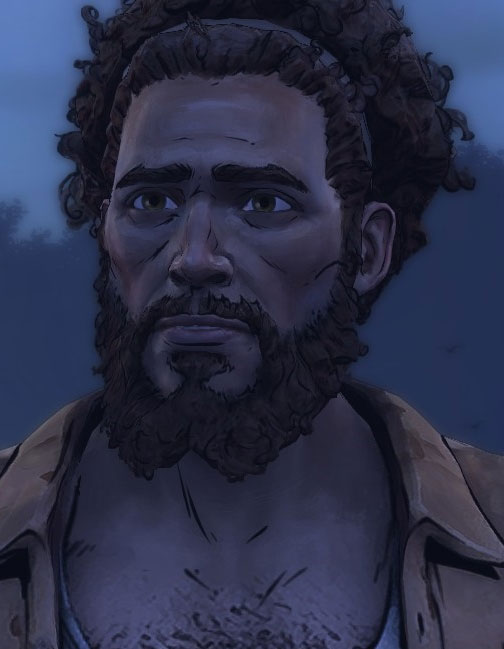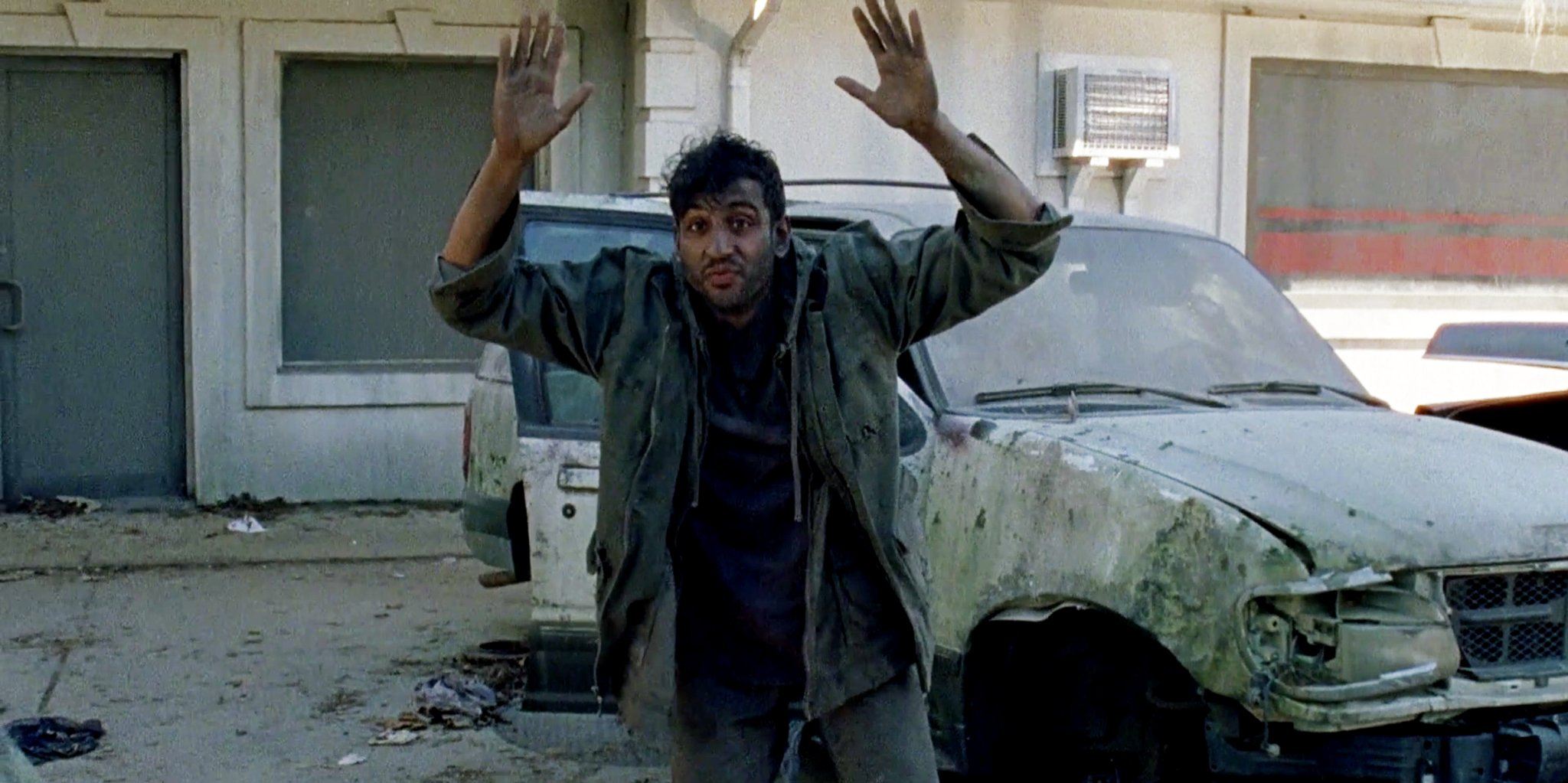

For Siddiq, the nature of sacrifice and cooperation displayed amongst the captured given the variability in relationship quality amongst them could not be overstated (“…and some of them, they didn’t even know each other but they still fought like they did…like they were family…till the very end.”). These details include (1) those captured (Siddiq and the others) being found by Ozzy, Alek, and DJ (2) Ozzy and company sacrificing their lives in an effort to give those captured an opportunity to fight for their survival and (3) those captured fighting for, defending, and sacrificing for each other. To be clear, it is not an imagined story, but one rooted in a different set of factualĭetails–details Siddiq believes suggest an altered understanding of the event as a whole, and by extension the world, others, and our relationships with one another. Instead of focusing on the details of the massacre, Siddiq decides to tell a different story. “But I want to tell you a different story.” One could reasonably assume that there was a common belief amongst those religious authorities that crucifying Jesus would not only eliminate the threat to their authority in the present, but-through sowing fear, hopelessness, and discord amongst His followers-eliminate any possible challengers to their authority in the future.įor both the Whisperer attack and the crucifixion, then, there appeared to be the belief that the nature of the strike would scatter the sheep. Not only was He challenging their authority and some of their practices, but His gospel and interpretation of the messages of the prophets before him called for a radical alteration of our relationship to God and to each other. These features or aims were also on display during the beatings and crucifixion of Christ, as there were many reasons why the religious authorities at that time wanted to make an example out of the carpenter’s son from Nazareth. Siddiq sums up these features when he tells the public that he thinks Alpha left him alive “to scare you and to drive us all apart again”.

Some common features-or at least intended aims-of these public acts include the installation of fear and the decimation of any and all sources of hope for a better way of life or a more humane way to relate to one another. A few examples include crucifixions, lynchings during the Salem Witch Trials, the Holocaust, and southern whites’ lynchings of blacks in the 19 thand 20 thcenturies. The insistence of the Whisperers’ leader Alpha that Siddiq survive to tell the others what happened is consistent with a key feature of other public acts of evil throughout history.

“What happened was evil, and I think she left me alive to tell you that story….” As the ideas for this essay were formed on the heels of learning about the Sri Lanka bombings on Easter, my hope and prayer are for healing and restoration to all of those affected by such an evil act.

The essay concludes with a few features of hope that I believe to be relevant to understanding both Siddiq’s address and the meaning of the resurrection for Christ-followers. Next, I will discuss the alternative narratives born out of those acts as well as their significance. First, I will discuss the potential aims of the evil acts in TWD and of the crucifixion. In the brief essay below, I argue that the atrocities committed by the Whisperers and Siddiq’s public address in response to those atrocities contain parallels useful for understanding the death and resurrection of Christ from the perspective of Christ-followers. But as I listened to the speech it became one of my favorite TWD scenes to date, up there with Carol finding Sophia in the barn (Season 2, Episode 7), Dale being outvoted and subsequently killed (Season 2, Episode 11), Rick’s “not too far gone” speech (Season 4, Episode 8), and Tyreese sparing Sasha the pain of killing Bob (Season 5, Episode 3). I found it an odd choice to immediately follow the reveal of the identities of 10 heads on the pikes with a calm public address. This was one of my first thoughts when I saw Siddiq on stage addressing the people of the kingdom (Season 9, Episode 15), arguably the most devastating loss among The Walking Dead (TWD) community of “good guys” since the show’s inception. “Why is he up there addressing the people like that?” * Warning: minor spoilers for Seasons 2, 4, 5, and 9.


 0 kommentar(er)
0 kommentar(er)
